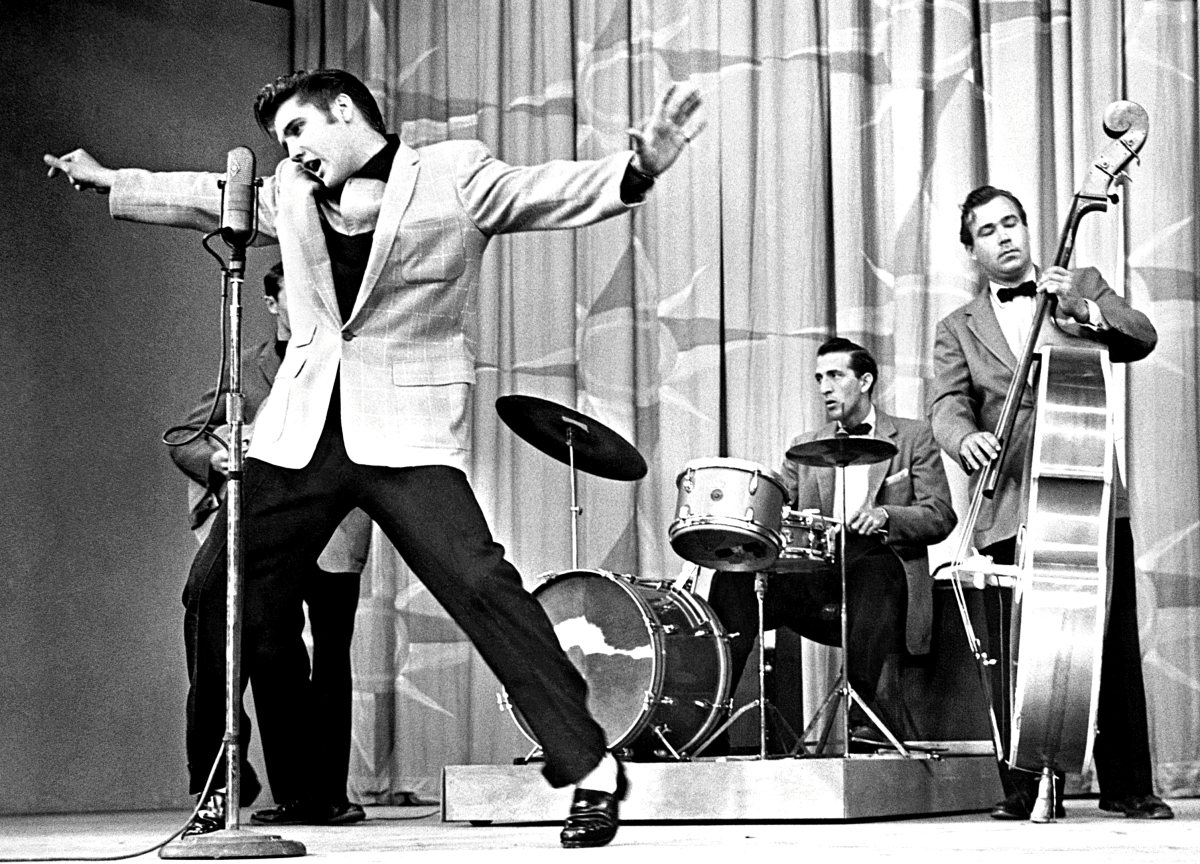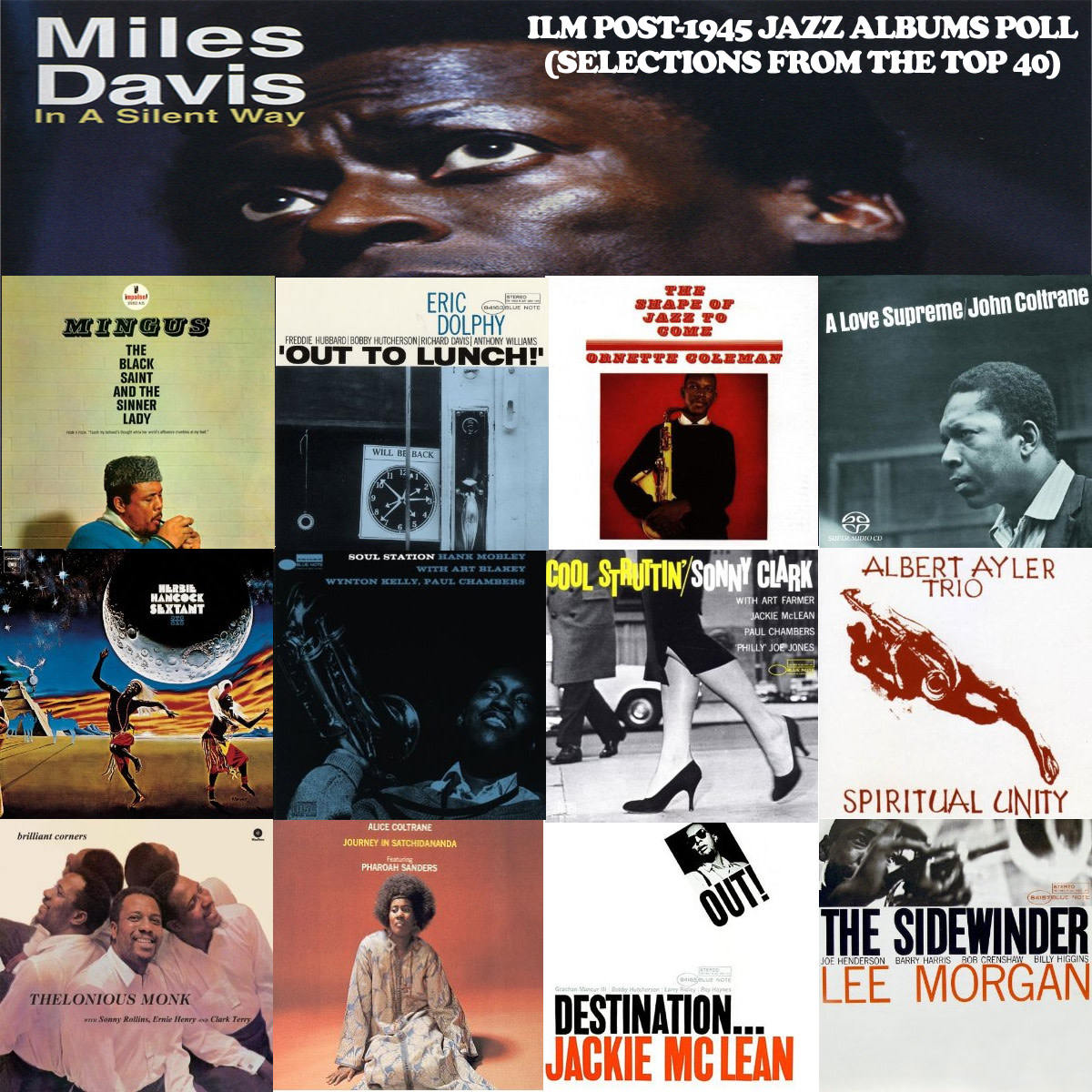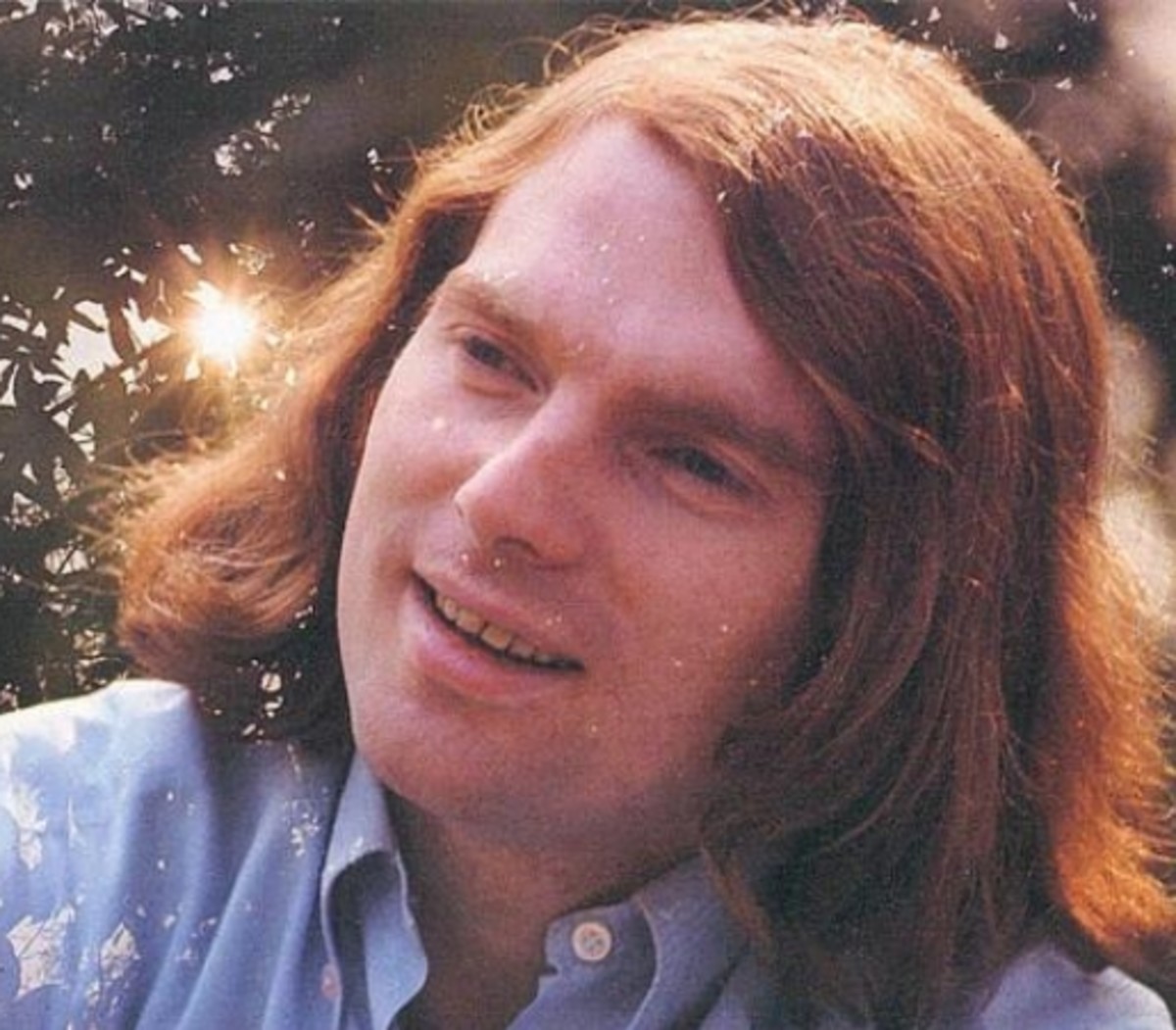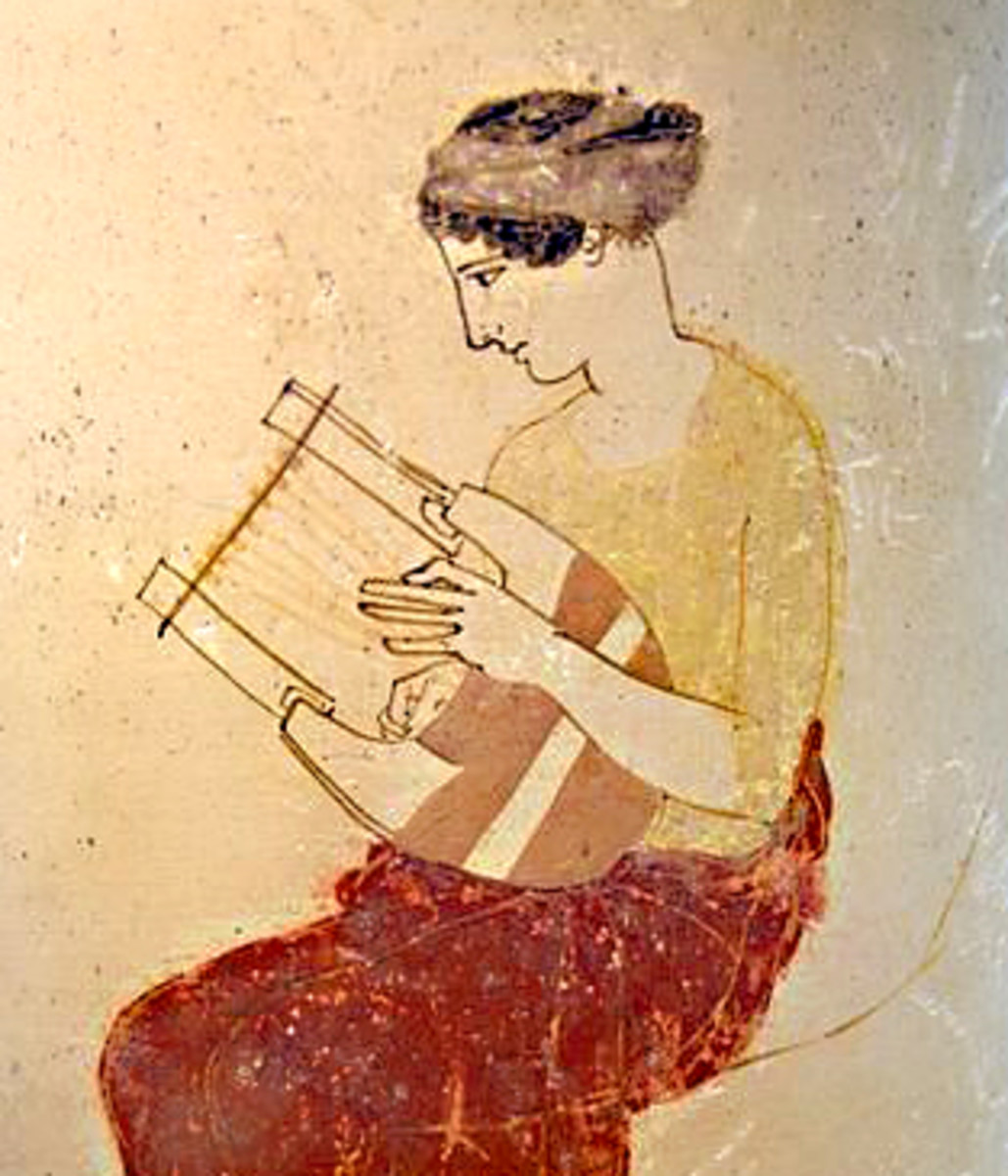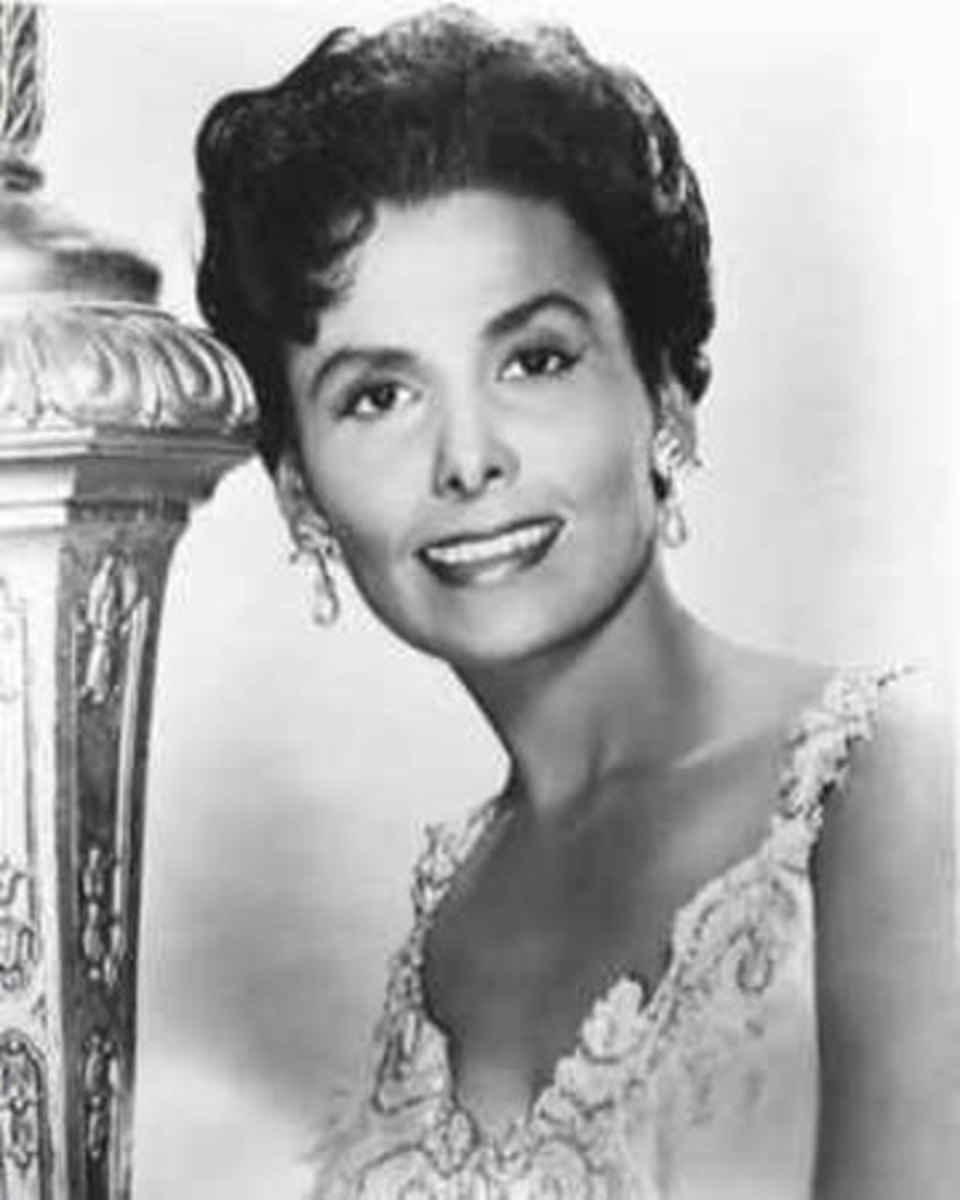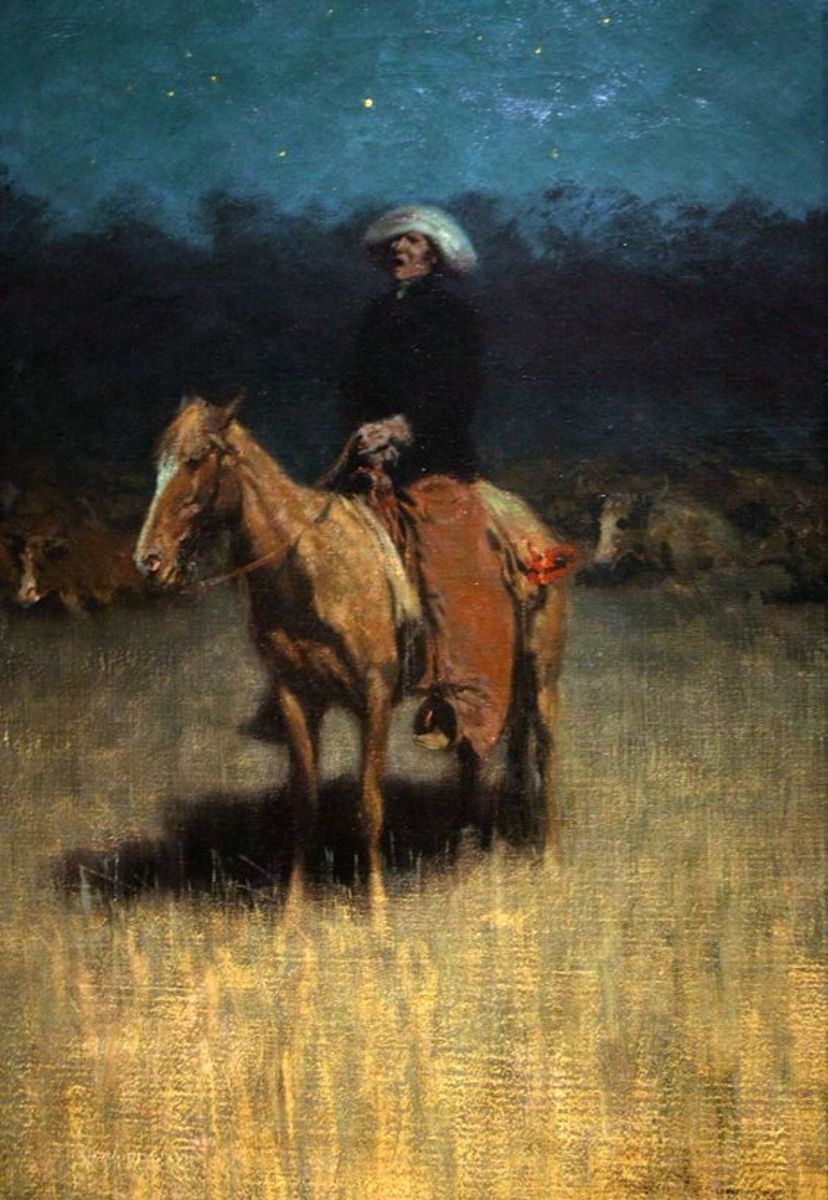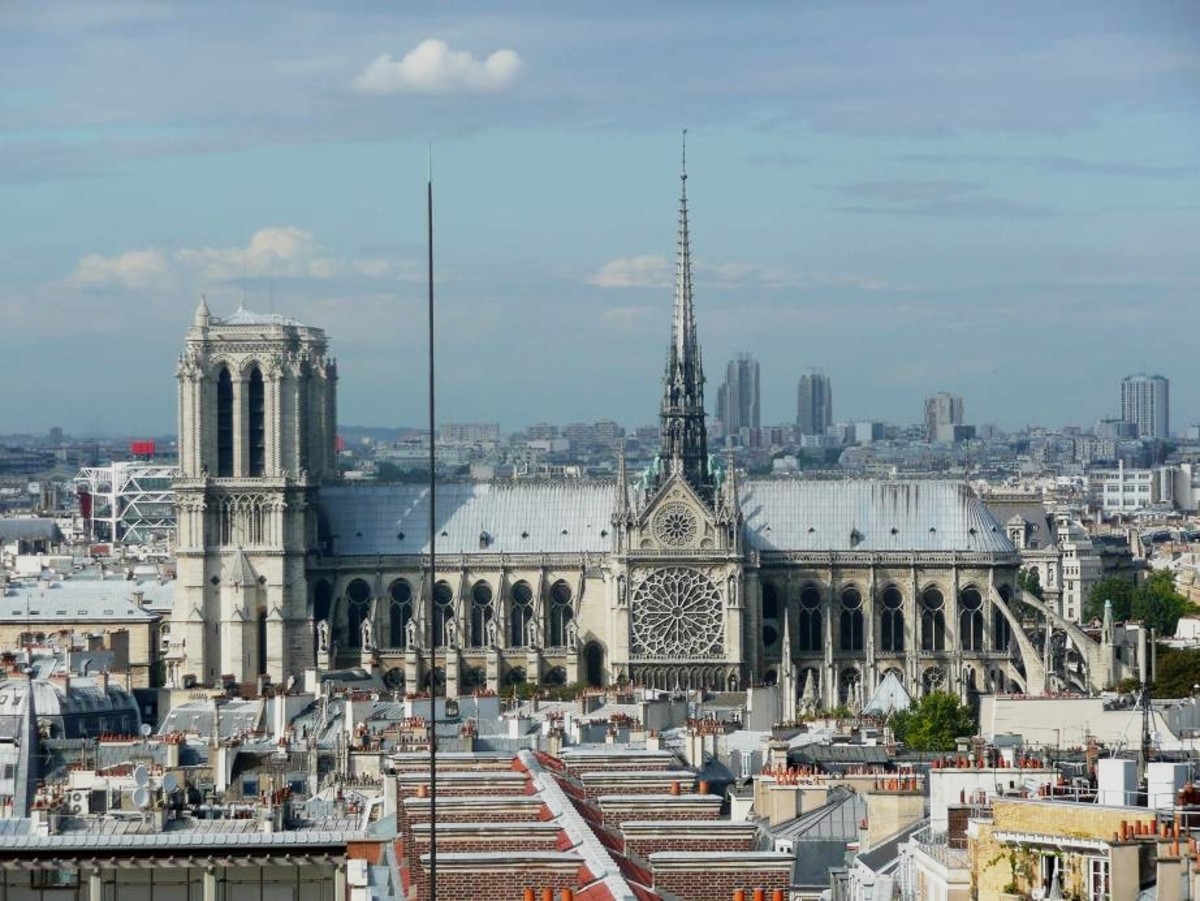The Howlin' Wolf Story
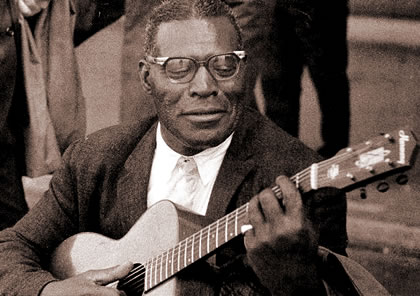
Early Years
With a booming voice and imposing physical presence, Howlin' Wolf is ranked among the best electric guitars blues men; along with "Little Walter" Jacobs and Muddy Waters, Howlin' Wolf is also one of the best blues artist to record at Chess Studios.
Chester Arthur Burnett was born on June 10, 1910 in White Station, Mississippi. Burnett got the name Howlin' Wolf from his grandfather. Howlin' Wolf's parents split up when he was very young; following the separation, he lived with his mother. When he refused to help work the family farm, his mother kicked him out. Wolf then went to live with his Uncle who mistreated him too; when he was thirteen years old, Howlin' Wolf ran away to live with his daddy; once there, he found the happy home he wanted. In the late twenties and early 1930's Wolf was inspired by Charley Patton, one of the most popular delta blues artist of the time; Wolf would often listen to him play at local Juke Joints; consequently, Patton noticed and befriended Wolf teaching him what he knew about the guitar and showmanship. When Patton felt he was ready, Howlin' Wolf would perform with him in local clubs. Howlin' Wolf was a fast learner, and he used what he learned from Patton for the remainder of his life. Some other important influences on Howlin' Wolf's style were Blind Lemon Jefferson, Ma Rainey, Tampa Red, and his childhood Idol Country and Western singer Jimmie Rodgers.
The 1930's and 40's
As time went on and he became more confidant in his playing and showmanship, Wolf begun to perform solo; also, he would sometimes perform with other artist such as Robert Johnson, Honeyboy Edwards, and Willie Brown. When he wasn't performing, he helped his dad on the family farm. In April 1941 when Wolf was thirty years old, he was drafted into the US Army. Howlin' Wolf found military life difficult to adjust too. Consequently, he was discharged in November 1943 for medical reasons. Wolf
returned home and as before performed and helped his dad on the farm. Later in 1948, Wolf moved to West Memphis, AR; During this time, he formed a band and worked as a disc jockey for WKEM radio in Memphis.It was during this time, he came to the attention of a local recording studio owner.
1950's and 1960's
In 1951, Howlin' Wolf auditioned for Sam Phillips at the Memphis Recording
Service; this studio is where many of the popular bluesmen such as Little Milton and B.B King got their start. From Wolf's recording sessions came two hit songs including "How
Many More Years" and "Moaning at Midnight." Chess Records leased the
masters from Phillips, and in 1951 released both songs; a short time later, in the same year, they
made the top ten on the Rhythm and Blues Billboard list. Although Wolf made other
recordings for Phillips, Chess Records would sign him. In 1953 Howlin' Wolf moved to Chicago and remained there for the rest of his life. When
Howlin' Wolf moved to Chicago, Sam Phillips commented Howlin' Wolf was
his greatest discovery, and his greatest loss when he moved. Later in 1956, "Smoke Stack Lightning" was on the charts for three weeks and "I Asked for Water" charted for a week in the same year. In 1959, "Moaning in the Moon Light" was released; this album was a combination of previously released hits. Early in the 1960's the album "Howlin Wolf" was released; this album had the hits "Spoonful", "Little Red Rooster", and "Going Down Slow." Later in 1964 he married his sweetheart Lillie Hanley, and that same year he performed at the American Folk Blues Festival. The following year, at the insistence of The Rolling Stones, Howlin' Wolf made his only appearance on the TV show "Shindig." A short time later Wolf worked with Bo Diddley and Muddy Waters; they co-produced the Super Blues Band Album at Chess Studios.
Later Years and Death
In May 1970, Howlin' Wolf traveled to London to record the "London Sessions"; while recording this album his back up support was Eric Clapton, Steve Winwood, Ringo Star and others. During 1971 Wolf received an honorary doctorate from Columbia College in Chicago, and later in 1973 Wolf recorded his last album for Chess Studios; its name was "The Back Door Wolf"
Howlin' Wolf's health started to declined in the late sixties on into the seventies. In the early seventies he had several heart attacks, and as a result of an automobile accident his kidneys were severely damaged. Wolf received kidney dialysis, but he continued to perform; one of his last concerts was November 1975 in Chicago's Ampitheater with B.B. King, Little Milton, and Bobby "Blue" Bland. Howlin' Wolf died on January 10, 1976 of complications from kidney disease. He was posthumously inducted into the Rock and Roll Hall of Fame in 1991.
Additional Information
- AllMusic.Com - Information on Howlin' Wolf
- Wikipedia.org - Additional information on Howlin' Wolf's Life

